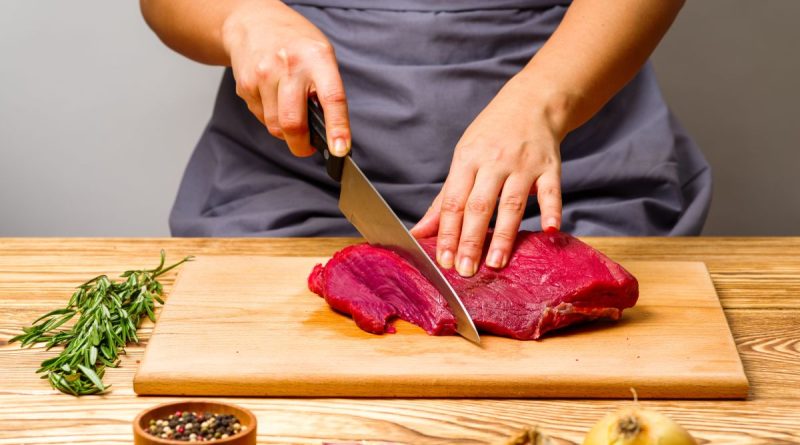Why does meat foam when we cook it? | The State
Something we don’t usually pay attention to when cooking meat is the foam that forms around it sometimes. This is an event that occurs due to various factors whose ignorance, as stated by Webconsultas, has given rise to myths.
What is true is that the water and the foam around the meat are related to the quality of the piece that we are going to consume. This and more will be detailed in the following sections.
Causes behind foaming and watering in meat
It is important to remember that meat is the edible part of animals slaughtered in hygienic conditions. In other words, meat is muscle. In general terms, muscle is made up of 75% water, although there are cuts with less water than others.
The remaining 25% is distributed between proteins (20%) and a combination of carbohydrates, fats and minerals. The leaner the meat, the higher its proportion of protein and, consequently, also of water.
The ability of muscle proteins to retain water is called, worth the redundancy, Water Retention Capacity (CRA), an aspect that influences the color and juiciness of meat. Almost all of the water contained is in a free state, so it can be lost.
There are many situations in which meat can lose water, but the most influential is cooking, where approximately 40% of it is lost. In this process of leaving the water, foam is formed by the dissolution of the proteins that the water carries with it.
How to avoid water loss in meat?

Two of the most important factors that are easier to control when avoiding water loss from a piece of meat are the combination of cooking time and temperature, and the addition or not of salt.
Cooking temperature and time
More water loss occurs the longer the meat is cooking. To avoid this, it is preferable to cook the meat at high temperatures so that as little as possible is lost.
However, this has an important setback in the way that certain meats, mainly red, can give off components linked to a possible elevated risk of cancer.
Use of salt
Salt helps water drain out of the meat, making it tougher, drier, and therefore less juicy. This can be avoided if the salt is added during or after cooking, never before.
Your health is not at risk from this release of water and foam around meat, but if you want to try a better quality food, you probably want to avoid such shedding at all costs.
You may also like:
Learn how to prepare delicious lentil burgers
Why these 5 foods rich in minerals should not be missing in your diet
No excuse to lose weight: 4 delicious recipes with very easy kiwilimon spinach
What is sourdough and how to prepare it at home
.


